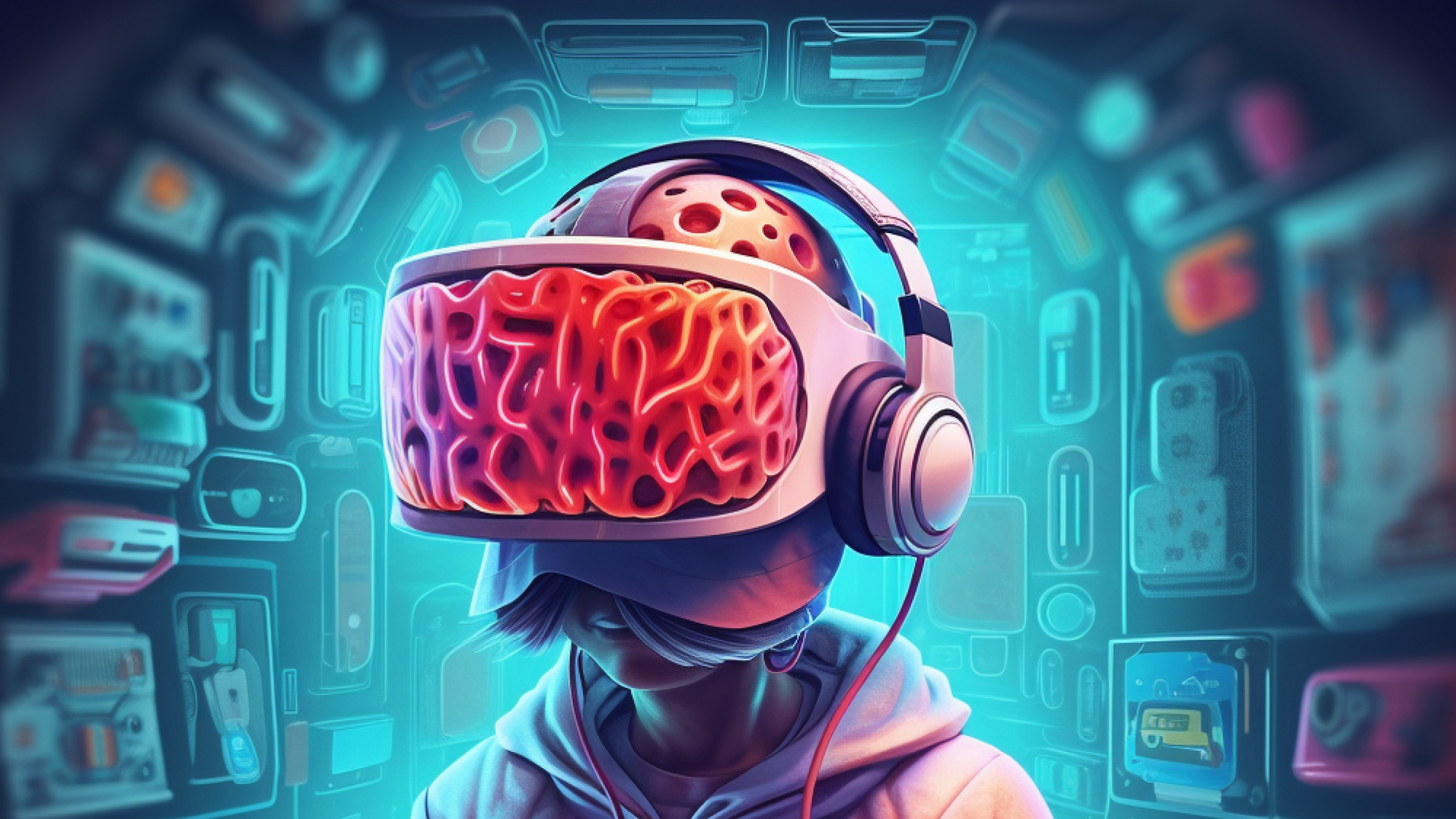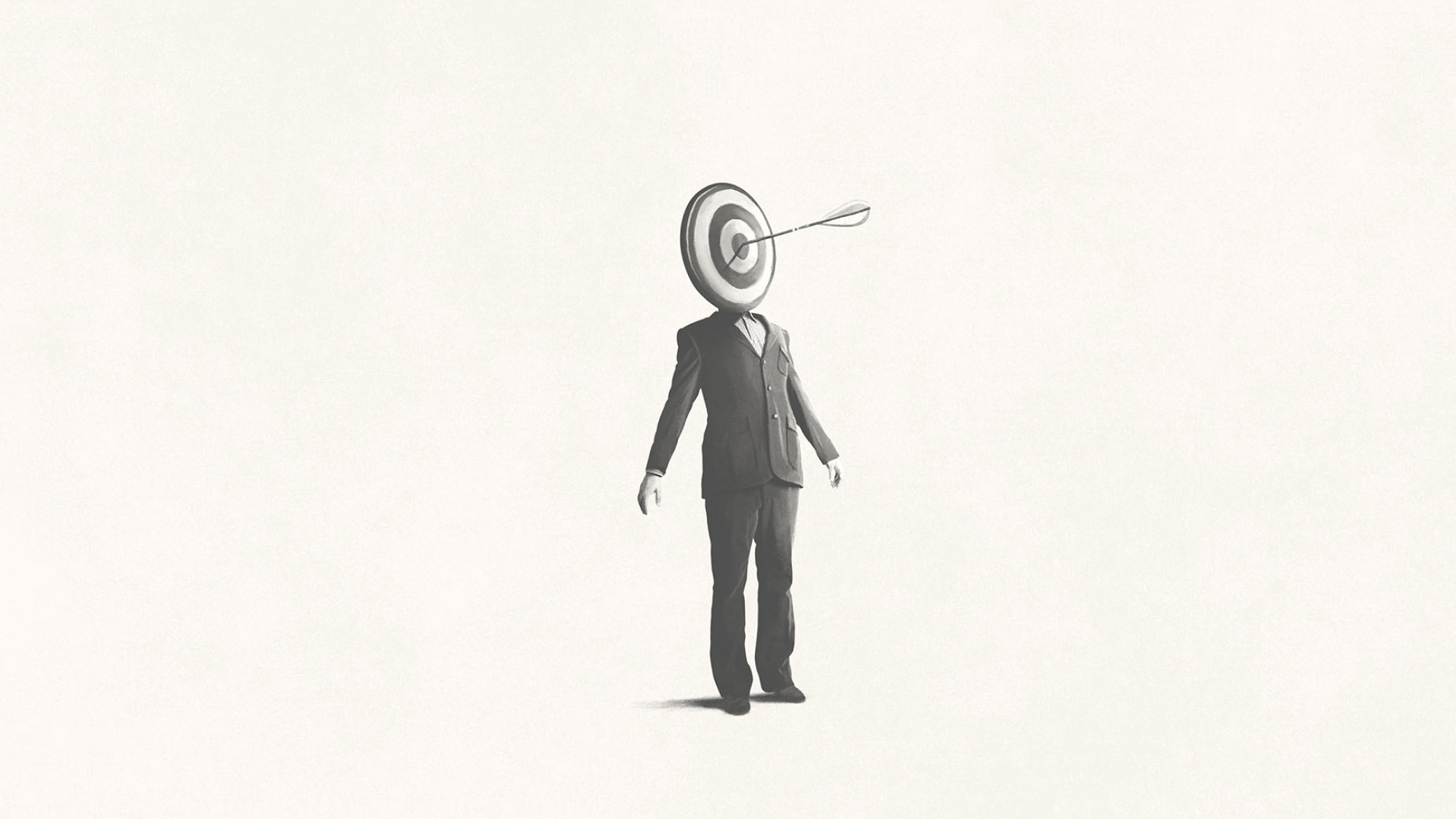
Ever since the advent of technology and the Internet, we have become a generation of home-bodies, with so many of us staying indoors.
In fact, in this ‘indoor era,’ a lot of us think we spend far less inside than we actually do. The numbers tell us differently, as a report surveying 16,000 people across North America and Europe found that roughly 90% of people spent 22 hours of the day indoors, with one in six respondents stating that they never went outside at all.
Now, since the pandemic, this number may have increased even further. And with all this potential cabin fever being experienced across the homes, this is just one possible reason why we may be seeing a rising epidemic of brain fog.
What is brain fog?
Brain fog is a series of cognitive issues that include memory problems, an inability to focus properly, lack of mental clarity, and general mental fatigue.
While this rise of staying indoors can definitely play a part as to why we’re feeling more anxious, less energetic, and potentially cognitively slow, brain fog can also come from:
- Screen time — There have been plenty of studies that show that too much screen time can lead to increased levels of anxiety and depression. Staring at the screen all day, whether on the computer or simply from the phone can make you very vulnerable to brain fog.
- Stress — Since brain fog happens when you are feeling anxious and clouded in judgment, stress — especially high levels of it — can be a huge factor in why this is triggered.
- Lack of sleep — There have been studies that show that lack of sleep can disrupt our brain cells’ ability to communicate with one another. This in itself can create issues in visual perception and memory.

- Bad diet — Depending on what you eat (or don’t eat), you may have a deficiency in specific vitamins and minerals. Vitamin B12, for example, has been known to help in brain functioning, so lacking this could definitely lead to brain fog.
- Toxins, substances — If you drink a lot of alcohol or drugs, this can definitely play a part in triggering brain fog. Not only does alcohol interfere with the communication pathways of the brain, it also can negatively impact the way it works as a whole.
Brain fog amidst the pandemic
This brain fog issue only seems to have gotten worse ever since the pandemic. As neuroscientist Dr. Sabina Brennan notes,
“Brain fog has become much more common as a result of Covid itself and also as a consequence of the stress of the last two years.”
While some may pass off brain fog as nothing more than a feeling that is all in the head, there are others who believe that the symptoms felt are legitimately real. In fact, neuroscientist Michelle Monje has taken note that the symptoms experienced from Covid-induced brain fog are similar to that of ‘chemo brain‘ — the cognitive impairment in thinking and memory that occurs during and after chemotherapy. As Monje observes,
“The same symptoms of impaired attention, memory, speed of information processing, dis-executive function—it really clinically looks just like the ‘chemo fog’ that people experienced and that we’d been studying.”
How to reduce brain fog
Luckily, brain fog isn’t something that we need to be rattled by constantly. With the right steps and effort taken, we can try to mitigate the effects of brain fog.
- Get proper, deep sleep — There is no doubt that sleep can refresh our minds and body completely, especially if we get proper sleep. There is plenty of research showing just how important sleep is to regulate our moods, emotions, and general mental health. As such, it’s important to sleep well and avoid using any type of technology in bed, as screen time right before sleep can actually have a negative effect on the quality of sleep and serves as a distraction.
- Do not multi-task — These days, in a world where so much is going on and there is so much to do, the modern person is multi-tasking far more than ever before. In fact, Millenials have been shown to split up their attention between different devices and tasks up to 27 times per hour. While a lot of the modern generation may think they are being more productive, studies have shown that multi-tasking reduces efficiency, performance, and potentially even IQ levels. Multi-tasking can be a huge contributing factor to energy drainage, and thus brain fog.

- Take mental breaks — We’re so wrapped up in getting things done and ‘hustling hard’ that we may forget about taking breaks. Especially in an age where remote working is becoming more normalized, taking some time off your computer or a digital screen is rare. But, studies show that taking breaks can do wonders for your brain. Not only does boost your brain’s capacity for greater attention, focus and creativity, it can also help you process new information better.
- Be mindful and meditate —
- Exercise regularly — It goes without saying that exercise is an absolute must to help our brain and body in every way. Besides keeping your blood flow moving, studies have shown that the act of exercising itself can promote proteins in the brain that help with brain functioning, and a reduction of anxiety. Exercise can also help keep our minds away from negative thoughts.










